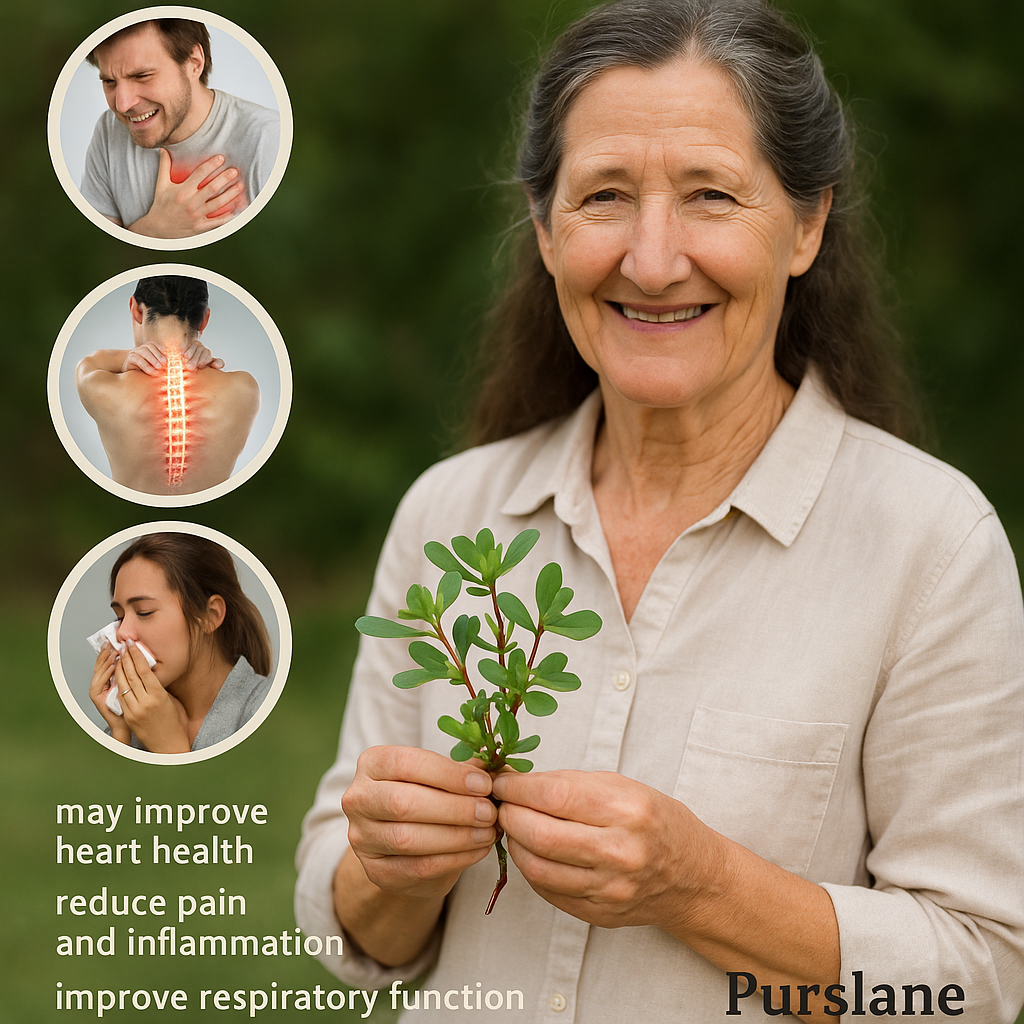Often seen in kitchens for its bold fragrance and earthy flavor, rosemary (Rosmarinus officinalis) is so much more than a culinary herb. From ancient Greek medicine to modern herbal wellness, rosemary has been celebrated for its wide range of healing, anti-inflammatory, and antioxidant properties.
In this article, we’ll explore 30 powerful health benefits and simple at-home uses for rosemary that can help with digestion, pain relief, circulation, skin care, and even emotional well-being.

✅ Top 30 Health Benefits of Rosemary
1. Improves Digestion
Rosemary tea helps reduce bloating, indigestion, and heartburn by stimulating bile flow and calming the digestive tract.
2. Neutralizes Bad Odors
Place rosemary sprigs in shoes or closets to eliminate foul odors and leave behind a clean, herbal scent.
3. Reduces Inflammation
Rosmarinic acid, a key compound in rosemary, helps reduce swelling and joint inflammation, making it ideal for arthritis relief.
4. Relieves Muscle and Neck Pain
Used as a compress or oil, rosemary soothes sore muscles and tight necks with its anti-inflammatory and analgesic effects.
5. Promotes Hair Growth
Massaging rosemary-infused oil into the scalp improves blood flow and may help prevent hair thinning and promote new growth.
6. Boosts Circulation
Rosemary stimulates blood flow, which can help with cold hands and feet, varicose veins, and general sluggishness.
7. Combats Varicose Vein Discomfort
Applied with olive oil, rosemary reduces inflammation and soothes heavy legs by relaxing blood vessels.
8. Enhances Memory and Focus
Inhaling rosemary’s aroma has been shown to improve cognitive performance and concentration.
9. Natural Painkiller
Whether applied topically or used in a soak, rosemary acts as a gentle, herbal pain reliever for sore joints and muscles.
10. Supports Liver Detoxification
Rosemary stimulates bile production, helping the liver process and eliminate toxins more effectively.
11. Fights Bacterial Infections
Its antibacterial properties can help prevent or treat minor skin infections, especially when used in a compress or wash.
12. Reduces Anxiety and Stress
Drinking rosemary tea or using its essential oil in aromatherapy can promote a sense of calm and reduce nervous tension.
13. Improves Mood
The aroma of rosemary stimulates the brain’s limbic system, which may help elevate mood and reduce symptoms of depression.
14. Protects the Brain
Powerful antioxidants in rosemary may help prevent neurodegenerative diseases like Alzheimer’s by reducing oxidative damage.
15. Stimulates Appetite
If you struggle with a poor appetite, rosemary tea or simply smelling fresh rosemary before meals may help.

16. Relieves Menstrual Discomfort
Rosemary tea may reduce the severity of cramps by relaxing smooth muscles and reducing inflammation.
17. Soothes Headaches
Used as a topical compress or essential oil, rosemary relieves tension headaches and sinus pressure.
18. Clears Sinuses
Steam inhalation with rosemary can open airways and help alleviate congestion from colds or allergies.
19. Enhances Skin Health
Used in an infusion or oil, rosemary tightens pores, tones the skin, and improves circulation for a clearer complexion.
20. Acts as a Natural Deodorant
Its antibacterial and aromatic properties make rosemary ideal for neutralizing body odor.
21. Strengthens the Immune System
Rich in antioxidants, rosemary helps protect the body from infections and supports immune resilience.
22. Reduces Cellulite Appearance
When massaged into the skin with oil, rosemary stimulates blood flow and may reduce the appearance of cellulite.
23. Eases Coughs and Throat Irritation
Rosemary’s expectorant properties help loosen mucus and soothe dry or irritated throats.
24. Helps with Joint Stiffness
Warm rosemary oil or compresses improve flexibility in stiff joints, especially in colder seasons.
25. Repels Insects Naturally
Use rosemary sprigs or essential oil to deter mosquitoes, flies, and other pests.
26. Improves Scalp Health
It helps treat dandruff and itchy scalp conditions thanks to its antifungal and antibacterial effects.
27. Acts as a Natural Preservative
Rosemary extract can be used in natural cosmetics or foods to preserve freshness without chemicals.
28. Supports Healthy Blood Sugar
Preliminary studies suggest rosemary may help balance blood sugar levels, making it beneficial for diabetics.
29. Accelerates Wound Healing
Applied topically, rosemary oil may help disinfect and speed up recovery of small cuts and scrapes.
30. Freshens Breath
Gargling with rosemary-infused water helps kill bacteria in the mouth and leaves your breath naturally fresh.
🌿 How to Use Rosemary at Home
1. Rosemary Tea for Digestion
- Add 1 sprig of fresh rosemary to 1 cup of hot water
- Steep for 10 minutes, strain, and enjoy after meals
2. Neck Pain Infusion
- Soak rosemary in room-temp water for 20 minutes
- Dip a cotton pad and apply to sore areas like the neck or shoulders
3. Varicose Vein Massage Oil
- Heat 100 ml of olive oil with 4 rosemary sprigs
- Let it cool and massage into legs for 30 minutes daily
4. Shoe Deodorizer
- Insert a rosemary sprig into each shoe overnight to remove odor
5. Rosemary Hair Rinse
- Boil rosemary in water, let it cool, and pour over hair after shampooing to promote scalp health and shine
⚠️ Precautions and Notes
- Avoid excessive internal use if pregnant or breastfeeding
- Rosemary essential oil should never be ingested
- People on blood thinners or seizure medications should consult a doctor before using rosemary regularly
- Do a patch test before applying infused oils or salves to sensitive skin
🌿 Final Thoughts
Rosemary is far more than a flavoring—it’s a pharmacy in a plant. With its ability to relieve pain, boost brain function, improve circulation, and enhance digestion, it’s a must-have herb for anyone interested in natural health.
💬 Whether you sip it, inhale it, massage it, or cook with it, rosemary brings centuries of healing to modern wellness routines. Add it to your kitchen, your medicine cabinet, and your self-care rituals—and experience the power of this timeless herbal remedy.


